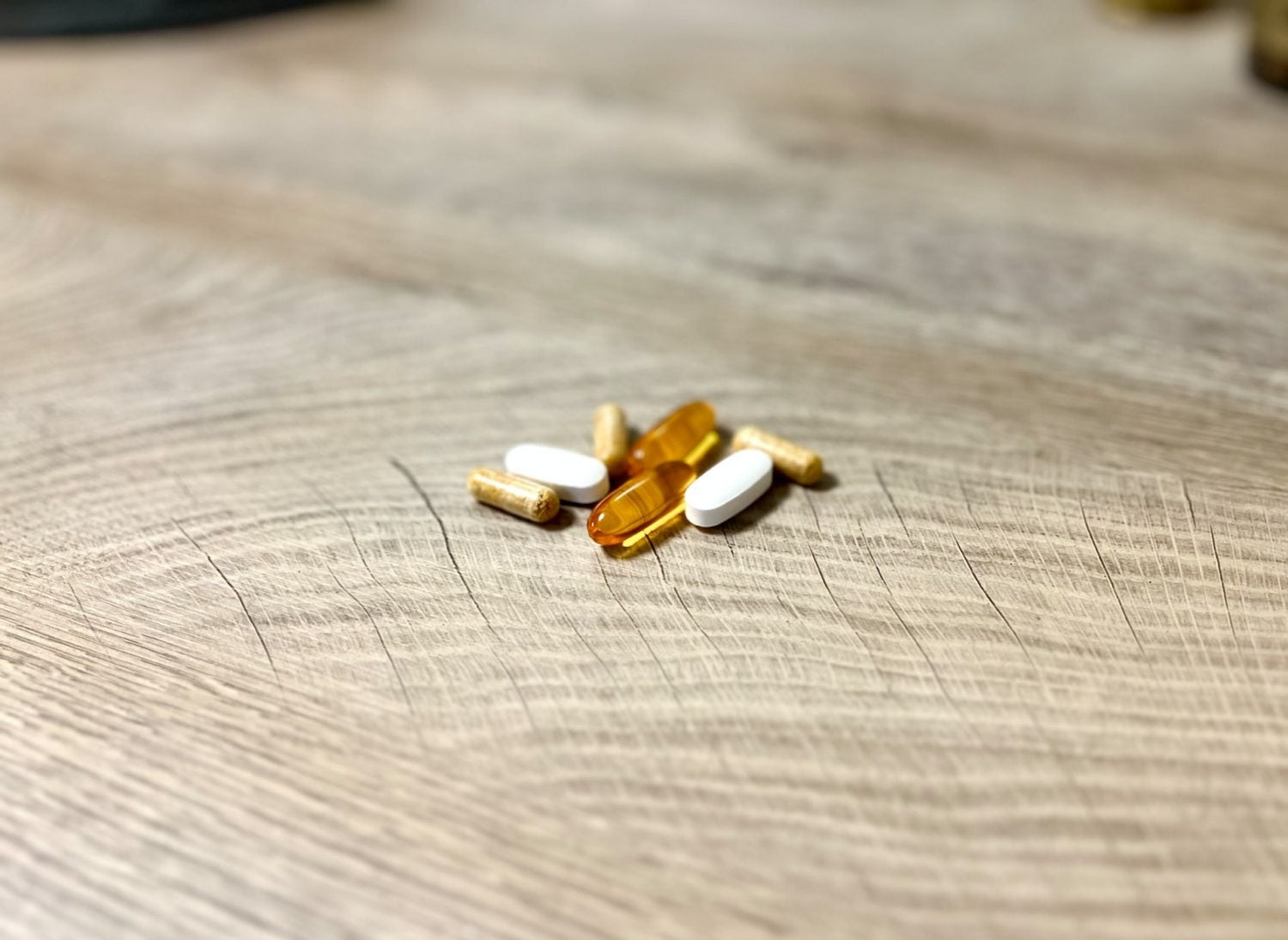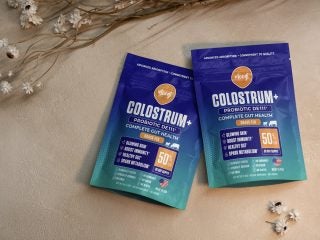Nootropics – cognitive enhancers or smart drugs – have become increasingly popular in recent years, due to their ability to boost memory, concentration, creativity and focus. Nootropics can be used for a variety of purposes – from improving academic performance to reducing stress levels. This article reviews nootropics in depth.
What are different types of nootropics and how do they work?
Natural nootropics – these types of nootropics include herbal extracts, vitamins, minerals, amino acids and other natural ingredients. Natural nootropics tend to be milder than synthetic ones but these nootropics are excellent for improved alertness, better focus and enhanced overall brain functioning.
Synthetic nootropics – Synthetic nootropics are generally more powerful than their natural counterparts because they contain higher concentrations of active ingredients – such as racetams or amphetamine-like stimulants.
Stimulant-based nootropics – Stimulant-based nootropics contain stimulants – such as caffeine or modafinil – which can increase energy levels and help improve focus for short periods. However, these substances can be habit-forming if taken regularly, so it is important not to overuse them or take them without consulting your doctor first.
Cholinergic nootropics – Cholinergic nootropics increase the production and availability of acetylcholine in the brain which is responsible for various functions related to learning and memory formation.
What are popular nootropic ingredients and their effects?
Some of the most popular nootropic ingredients include caffeine, L-theanine, Bacopa Monnieri, Rhodiola Rosea, Ginkgo Biloba and Alpha GPC. Caffeine is a stimulant that helps to increase alertness and reduce fatigue – it also has some antioxidant properties which can help protect the brain from damage caused by free radicals. L-theanine is an amino acid found in green tea that helps to promote relaxation without causing drowsiness. It also increases levels of dopamine and serotonin in the brain which can lead to improved moods and better concentration. Bacopa Monnieri is an herb used in traditional Ayurvedic medicine for its ability to enhance memory formation and recall. It has neuroprotective effects which may help against age-related cognitive decline. Rhodiola Rosea is an adaptogenic herb known for its ability to reduce stress levels while improving mental clarity and focus. It also has anti-inflammatory properties which may be beneficial for overall brain health. Ginkgo Biloba is a plant extract with powerful antioxidant properties that can help protect against oxidative damage caused by free radicals in the brain cells. Alpha GPC (alpha glycerylphosphorylcholine) is a natural compound found in foods like egg yolks or organ meats that helps increase levels of acetylcholine in the brain – a neurotransmitter involved in learning processes like memory formation or recall.
Are there any specific types of nootropics more effective than others?
Yes, there are nootropic supplements that are more effective than others. For instance, racetams such as piracetam and aniracetam are particularly effective in improving cognitive function. Other popular nootropics include choline-based supplements like Alpha GPC and CDP Choline, which can help improve memory and focus. Nootropic stacks, which combine multiple ingredients into one supplement, are also becoming increasingly popular due to their ability to provide a synergistic effect. Additionally, natural nootropics such as ginkgo biloba and bacopa monnieri have been used for centuries to enhance cognitive performance.
Are there any natural alternatives to nootropics?
Some of the most popular natural nootropic supplements include omega-3 fatty acids, ginkgo biloba and ashwagandha. Omega-3 fatty acids are essential for brain health and are in foods such as salmon, tuna, walnuts, flaxseeds and chia seeds. Ginkgo biloba is an herb that has also been used for centuries to improve cognitive function and memory. Ashwagandha is an adaptogenic herb that helps reduce stress levels and improve mental clarity. Other natural nootropic supplements include Rhodiola rosea, Bacopa monnieri, L-theanine, phosphatidylserine (PS), and acetyl-L-carnitine (ALCAR).
Are there any potential side effects?
The most common side effects include headaches, nausea, dizziness and insomnia. Some people may experience an increase in anxiety or irritability when taking nootropics – it is important to note that these side effects can vary from person to person and depend on the type of supplement. Therefore, it is important to consult with a doctor before starting any new supplement regimen. Also, it is vital to read the label carefully and follow all instructions provided by the manufacturer.
What are the benefits of taking nootropic supplements?
Nootropic supplements are becoming increasingly popular – particularly among men – due to their potential cognitive benefits. These supplements are designed to improve mental performance, focus, and concentration. They can also help reduce stress and anxiety levels, as well as improve memory recall and learning capacity. Nootropics may also help protect the brain from age-related decline in cognitive function. Some nootropic supplements have been found to increase energy levels and alertness, which can be beneficial for those who need an extra boost of energy throughout the day. Furthermore, these supplements may also help enhance creativity and problem-solving skills. Ultimately, taking nootropic supplements can provide a range of cognitive benefits that can help you stay focused and productive throughout the day.
In conclusion, nootropics offer a variety of cognitive benefits depending on the type you choose.



















